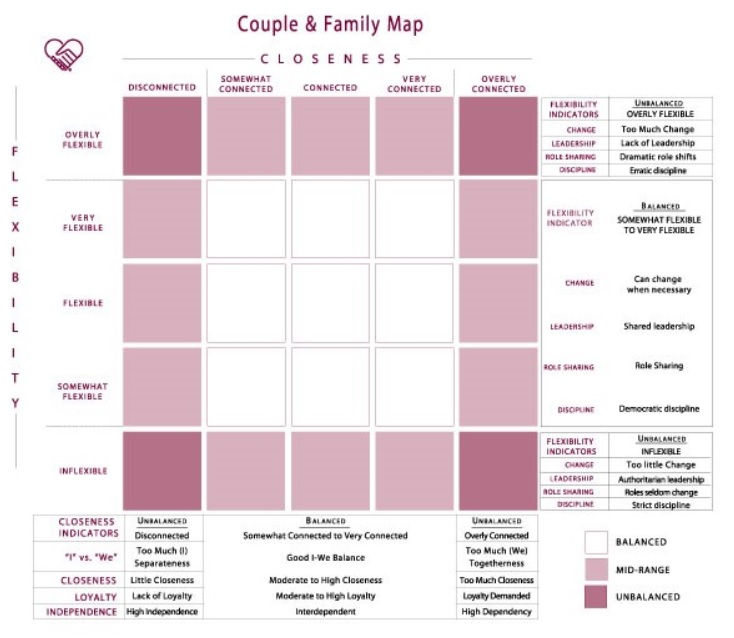The Psychology of Money
- rogerlinpsyd
- Jul 12, 2023
- 3 min read
Updated: Jul 14, 2023
Money is a necessary part of life. Whether you have a lot of it or just a little, it is helpful to understand our thoughts, beliefs, attitudes, habits, skills, and behaviors with money. Some people may be obsessed with money, wanting to be rich and wealthy, spending much of their time thinking about how to make more money. Others may be big spenders and need money to fund that lifestyle. Some people may be generous, while others may be stingy with their money. Others may be frugal, save, and never spend beyond their necessities. Others try to not think about money at all and live minimally with what they have. It is helpful to understand your relationship with money.
1. Projecting our issues onto money.
Your financial behaviors can reflect issues you are having in life. Whether it's unhappiness, stress, grief, anxiety, anger, insecurities, or disappointment, we can turn to money to cope. Whether it's retail therapy, compulsively checking our bank accounts, or obsessively thinking about how to make more money, be aware of how you may be using money to deal with life.
2. Greed.
We have a desire to have more. Advertising and marketing knows this and try to convince us that we need to buy what they are selling. Be aware of letting the need to have more money take over your life.
3. Enough.
To keep greed and our need for more in check, practice contentment. Practice the mantras and have the mindset of: "I have enough. I can live within my means. I am thankful for what I have."
4. Self-control.
Being good with money takes self-control. You need to control your impulses to spend. You need to practice hard work, self-denial, and delayed gratification to earn money, save money, and to build wealth.
5. Risk.
Lottery tickets, gambling, investing, and get rich quick schemes exist because there is a part of us that wants to take a risk to make more money. "Maybe if I just get lucky, I'll win, and be rich." Be aware of the risk factors when trying to get more money. You could lose it all.
6. Cost, Expenses, Spending.
We often under-estimate how much we actually spend. Many people don't look at their financial statements and balances. Maybe out of ignorance, denial, or shame, but this avoidance behavior becomes problematic when you are spending more than you think and more than you have.
7. Social status.
We have a desire to be liked and accepted by people. Be aware of this motive in your purchasing and spending habits.
8. Saving.
It is wise to save money. Cars, houses, and education are big ticket items that need to be saved up for. Life also happens, we can get sick, people have accidents, things break, and you can lose your source of income, so it's helpful to have some money saved up to live off of during the tough times. We also don't want to work forever, so it makes sense to save so we can retire one day.
9. Wealth.
True wealth is often unseen. A car, watch, house, vacation, or clothes may not be a true indicator of wealth. Take the time to define your definition of financial success and wealth.
10. Budget.
Know how much income you have each month. Know what you will spend your money on each month.
11. Stress For many, this topic of money and our psychology of money can be very stress-inducing. Hopefully, this list of topics gives you practical steps to take to address your psychology of money and your financial habits.
These are some talking points to think through your relationship with money. Consider discussing these points with your family and household so you can work together towards healthy financial practices.

Comments